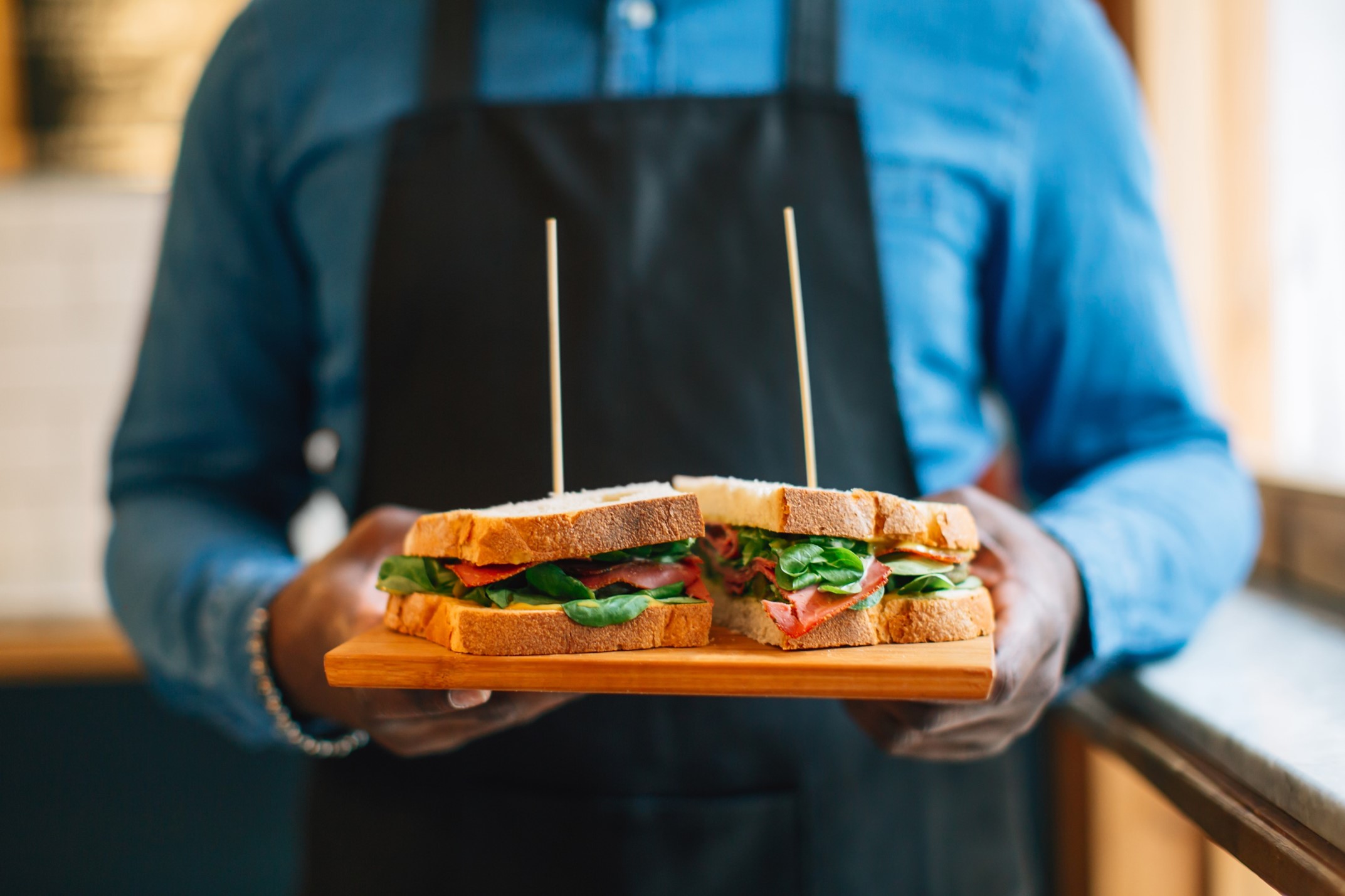The Hidden Costs of Not Hiring a Restaurant General Manager or Executive Chef
In the fast-paced world of hospitality and restaurants, having the right leadership in place is crucial for success. While many establishments may consider cutting costs by not hiring a restaurant General Manager or Executive Chef, this decision can lead to significant long-term repercussions. Here’s a look at the hidden costs associated with lacking these key positions.
Operational Inefficiencies
Without a General Manager or Executive Chef, hospitality operations can become disjointed. The absence of a central figure to oversee daily activities can lead to communication breakdowns, and mismanagement of staff. This also leads to inconsistency in food and service quality. This chaos can result in longer wait times, mistakes in orders, and a generally disorganized atmosphere—alienating loyal guests and driving them away to competitors.
Decreased Profitability
Effective leadership directly impacts the bottom line. A General Manager or Executive Chef can implement strategies to optimize operations, control food costs, and manage labor efficiently. Without their expertise, establishments may face excessive waste, over staffing, or inadequate pricing strategies. This leads to diminished profit margins, which can be deadly to a business, and very challenging to recover from.
Staff Turnover and Morale Issues
Leadership plays a vital role in shaping company culture, therefore the absence of a General Manager or Executive Chef can create an environment of uncertainty and frustration among the team. Poor management will lead to high turnover rates, which incur additional costs for hiring and training new employees. Moreover, a lack of guidance can demoralize existing staff, reducing overall productivity and guest satisfaction increasing the likelihood of turnover.
https://www.netsuite.com/portal/resource/articles/human-resources/reduce-employee-turnover.shtml
Compromised Guest Experience
In the hospitality industry, guest experience is paramount. A General Manager is typically responsible for ensuring that the customer journey is seamless in addition to connecting to the community. An Executive Chef guarantees that food quality and presentation are top-notch. Without these leaders, the consistency and quality of service and food can suffer, leading to negative reviews, reduced customer loyalty, and ultimately, a damaged reputation.
Strategic Misalignment
A strong General Manager or Executive Chef is crucial for aligning the restaurant’s vision with operational practices. They identify market trends, adapt menus, and create marketing strategies that resonate with target demographics. Without this strategic oversight, a hospitality operation will fail to innovate. In addition to a misaligned team, this risks stagnation in a competitive market, and increases the likelihood of becoming an irrelevant brand.
Regulatory Compliance, Risk Management and Loss Prevention
Restaurants face numerous regulations, from health codes to labor laws. A General Manager or Executive Chef typically ensures compliance with these regulations. This minimizes the risk of fines and costly legal issues. The absence of dedicated leadership can leave a business vulnerable to violations, which can result in costly penalties or even closure. https://www.paychex.com/articles/payroll-taxes/notable-laws-and-regulations-for-restaurants
Difficulty in Crisis Management
In times of crisis—be it a pandemic, a supply chain disruption, or negative publicity—strong leadership is crucial for navigating challenges. General Managers and Executive Chefs are equipped to implement emergency protocols and adapt strategies swiftly. Without their experience, businesses may struggle to respond effectively. This exacerbates problems and leads to longer recovery times. https://continuity2.com/blog/crisis-management-team
While the allure of cutting costs by forgoing a General Manager or Executive Chef may seem tempting, it is a short term way of doing business. The potential downsides are substantial. From operational inefficiencies to compromised guest experiences and profitability issues, the costs of lacking strong leadership can far exceed the savings, therefore Investing in skilled management not only enhances the quality of service and food but also positions a hospitality operation for long-term success. In an industry where every detail counts, having the right leaders at the helm is not just a choice—it’s a necessity.
Why does using a recruiter save money in the long run for restaurants lacking General Managers or Executive Chefs? There are several reasons to invest in a qualified hospitality recruiting expert:
Expertise in Talent Acquisition: Recruiters specialize in identifying and attracting top talent. They understand the nuances of the restaurant industry. Therefore they can find candidates who not only have the right skills but also fit the culture of the restaurant. This will significantly reduce turnover and the associated costs of hiring and training new staff.
Faster Hiring Process: Recruiters streamline the hiring process. This allows restaurants to fill critical roles more quickly and focus on operations. This minimizes operational downtime, which can be costly in terms of lost revenue and decreased service quality.
Access to a Larger Talent Pool: Recruiters often have extensive networks and databases of potential candidates,. This includes those who may not be actively looking for a job (passive candidates). This broadens the search and increases the likelihood of finding qualified candidates.
Reduced Risk of Bad Hires: A hospitality recruiter’s thorough vetting process can lead to better hiring decisions. A bad hire can be costly—not just in terms of salary but also through lost productivity, training costs, and potential impacts on team morale.
Focus on Core Operations: By outsourcing the recruitment process, restaurant owners and managers can focus on their core business operations, such as service quality and customer satisfaction, rather than getting bogged down in the hiring process.
Market Insights: Recruiters can provide valuable insights into industry trends, salary benchmarks, and competitive practices, helping restaurants make informed decisions about compensation and staffing strategies.
Long-term Relationships: Building a relationship with a recruiter can lead to a more tailored approach in future hiring needs, therefore they can better understand the restaurant’s specific needs over time, potentially leading to quicker and more effective placements.
In summary, while there may be an upfront cost to using a recruiter, the potential for better hires, reduced turnover, and increased operational efficiency will lead to significant long-term savings for restaurants. https://culinaryexec.com




